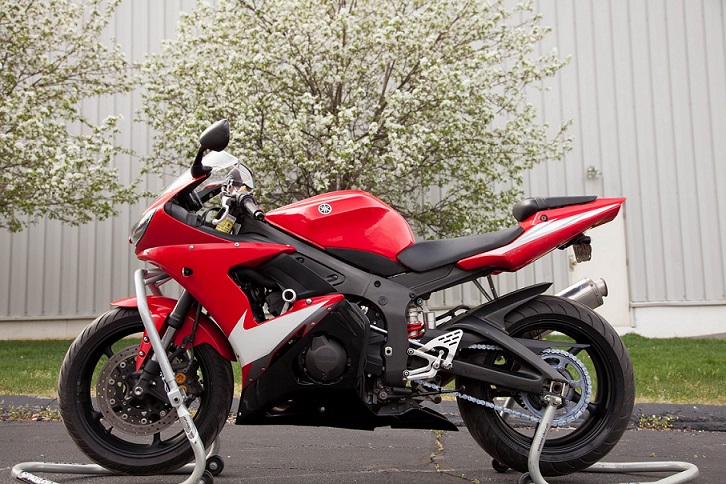Motorbike Licensing Laws Explained
It’s important to be aware of the licensing laws associated with owning a motorbike and being legally allowed to drive it; this can cover everything from the different stages of getting a license, as well as mandatory insurance requirements. Given the costs associated with owning a motorbike and getting a license, it is important to compare the market to save money on motorbike insurance, which can help you to find a policy that’s right for your needs. What, then, are some key parts to motorbike licensing laws that you need to understand?
Primarily, you need to complete a Compulsory Basic Training course and pass a theory test – you can start learning to ride a motorbike at aged 17, but will only be able to be tested on and drive a 125 cc motorcycle with a power output of no more than 11 kW. The license you take at this stage of learning is known as an A1 license and is intended to make drivers confident and safe with riding low powered bikes when they first get out onto the road.
At 19, you can apply to take an A2 license, which means that you can ride a bike with an engine size of up to 395 cc, and a power output of 35 kW – this license can then be followed by a Full A license from aged 21, which allows you to ride 595 cc bikes and larger vehicles. If you’re already aged over 24, you can also opt for a direct access course, whereby you skip the earlier A1 and A2 licenses and go straight to a full license.
In terms of vehicle ownership laws, you’ll need to pick up a V5C registration certificate, a tax disc, and a recent MOT certificate if you’re going to be learning on a motorbike. You also need motorbike insurance, which is covered by Continuous Insurance Enforcement regulations – even if you’re not riding a bike, you still need cover, and can receive a fixed penalty of £100 if you fail to comply with rules; this can escalate to fines and driving bans if you continue to avoid buying insurance.
The minimum legal cover you need for a motorbike is third-party insurance, which will pay out damages to another person; you can also upgrade to third party fire and theft insurance, as well as to comprehensive insurance, which will cover all damages and theft. It’s also worth exploring specialist motorbike insurance if you’re riding a classic or modified bike, while younger and new drivers should shop around to get the best possible quote when they’re starting out.
It’s worth reviewing rules and regulations over motorbike licensing and insurance every few years, although these are unlikely to change too drastically as the most recent revision to the law was made in January 2013. Getting the right insurance, though, can be achieved by comparing the market for specialist cover that can work with you to create a tailored policy, making it easier to save money and stay within the law.
Author Bio: Jane is a motorbike rider and tourer. She recommends comparing the market as much as possible to save money on motorbike insurance. She also blogs about her overseas motorbike trips, and recently returned from a journey to China.

